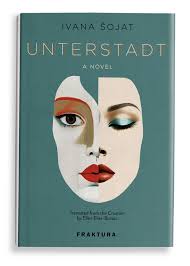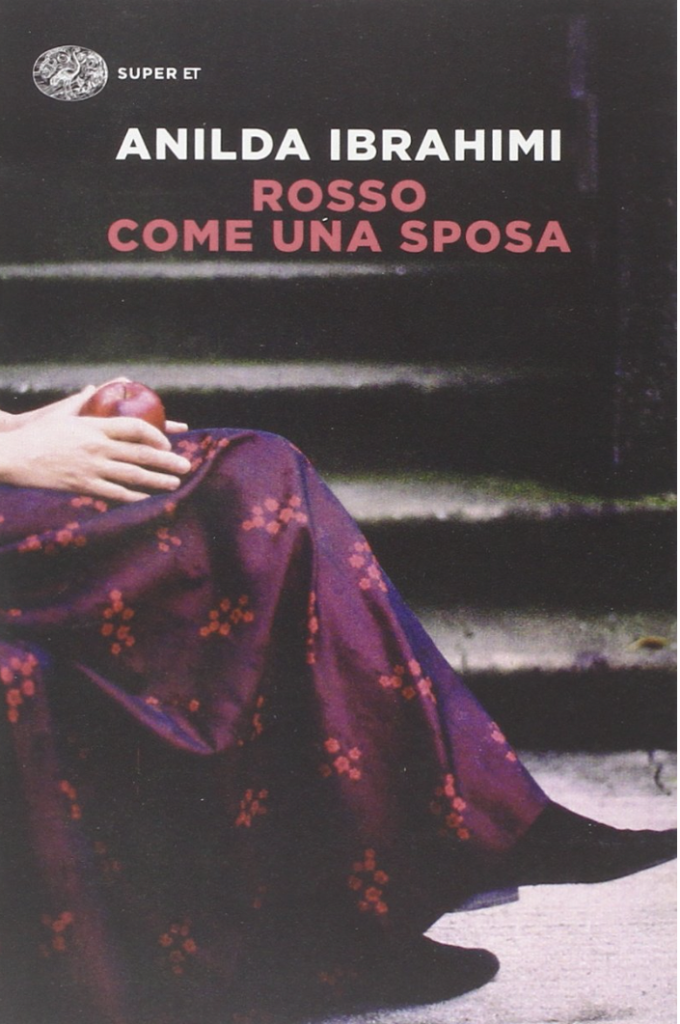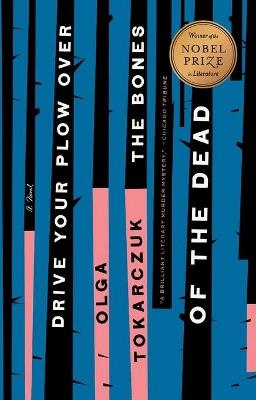In this article, we recommend a series of books by authors from Eastern Europe. A brief literary travel between Croatia, Estonia, Romania, Albania, and Poland to increase your knowledge of this corner of Europe that is so full of traditions, history, and culture.
Unterstadt
Written with intensity and depth, this novel is an homage to the city of Osijek and the importance of historical memory. Ivana Šojat, born in Osijek in 1971, is one of the most prominent voices in contemporary Croatian literature. She has received numerous recognitions for her cultural contributions as an author, poet, and translator. This novel is about the significant events of the 20th century, among war, injustice, fear, love, and memory.
In the ‘90s, Katarina returns to Osijek to see her ill mother, but she is too late. In the empty house, with old photos and stories, she rebuilds her family’s story: her great-grandmother Viktorija and her husband Rudolf, marked by the first world war, her grandmother Klara and her two brothers divided between nazis and partisans. Unterstadt follows historical and social events in Croatia in the 20th century, and shows how history can be changed and distorted by who tells it.


Purge
Published in 2008, this novel cemented Sofi Oksanen, a Finnish author with Estonian roots, as one of the most important voices in contemporary literature.
The book takes place in western Estonia in 1992. Aliide lives alone, in an abandoned city, where, since the Russians left, her problems only increased. One morning, Aliide finds Zara passed out in her courtyard. From here, Sofi Oksanen weaves a familial tragedy alternating between the points of view of the two protagonists.
Critically acclaimed, Purge has won numerous international prizes, and offers an intense reflection on historical memory, trauma, and the destiny of women in Eastern Europe.
Enfants du diable
This book has only been published in French and Italian. It is a historical testimony of the horror and abuse committed under Ceausenscu’s dictatorship in Romania in the ‘80s. The politics of births forced women to have at least four children in order to have an abortion, which led to clandestine abortions and the continuous abandonment of children, known as “children of the devil” in street orphanages.
Liliana Lazar, a French writer with Romanian roots, tells the story through Elena Cosma, a nubile and solitary midwife who, in need of money, fakes being pregnant and adopts the child of a woman who cannot raise him alone.
A novel that explores the atrocities of a dictatorial regime, the cruelties, and the inhumanity that emerge when morals are sacrificed for personal gain.


Rosso come una sposa
This book has been published in Italian, Finnish, French, German, and Serbian. Anlida Ibrahimi’s debut novel, Rosso come una sposa tells a century of Albanian history through the eyes of its women.
A saga that explores their destines, the traditions, and the radical changes of the country. Red is a color that spans the whole narration: from the brides, to the blood in the snow, to the regime that will close the country like “un negozio a ferragosto”.
The first part of the novel is narrated in third person and offers a poetic and powerful clue to life and death in Albania. In the second part, the story moves to Valona in the ‘70s, where Dora, in first person, tells the story of her life and exile in search of “capitals” full of life, bringing with her earrings belonging to her grandmother and the task of guarding the memory.
Drive Your Plow Over the Bones of the Dead
Among writers from Eastern Europe, Olga Tokarczuk is one of the most well-known and loved both in her native Poland and internationally. Translated into nineteen languages, Tokarczuk has won numerous literary prizes, among them the Nobel prize for literature in 2018.
In this novel, Tokarczuk combines the classic noir with an existential thriller, exploring themes such as insanity, feminism, social injustice, and animal rights.
With a style rich in imagination, Tokarczuk tells the story of Janina Duszejko, an eccentric 60-year-old who prefers animals to humans and sees astronomy as a way to find order in the chaos of life. When some hunters are found dead in her village, Janina throws herself into the investigations, convinced that it must have been a homicide.

Barbara Amalberti, translated from Italian by EDV
Cover image by Loyloy Thal from Pixabay


